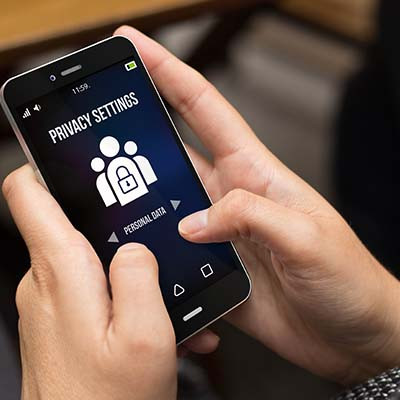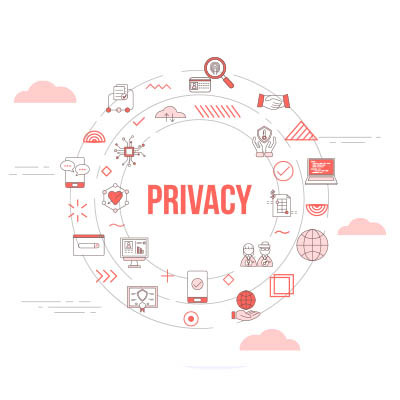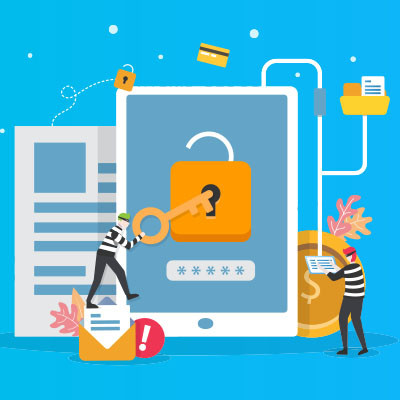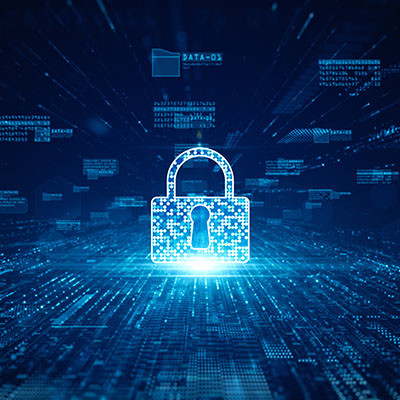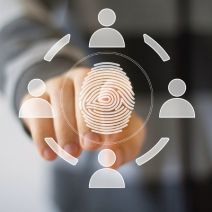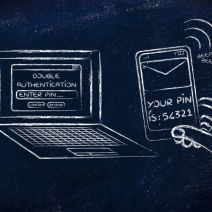Master Solutions Blog
Sometimes, a real-world event vividly illustrates the importance of digital security basics. The recent NFL draft provided just such a case, involving an unlocked iPad, a prank call, and significant consequences.
The story centers around Shedeur Sanders, a highly anticipated draft prospect, and Jeff Ulbrich, the Atlanta Falcons' Defensive Coordinator. To maintain security during the draft, prospects use special phone numbers known only to NFL teams. Ulbrich had this sensitive contact list stored on his iPad.
There are a lot of sketchy parts of the Internet, but the sketchiest of all might be the Dark Web. Located on a part of the Internet that search engines don’t index and inaccessible to most web browsers, the Dark Web is a place where cybercriminals thrive. It’s a place where stolen data is put up for sale, and if you’re not careful, your business could be next.
We wanted to switch things up for today’s article and try writing a daytime soap opera instead of our usual blog. Please feel free to read the following with dramatic string music in the background and all dialogue as whispered, bellowed, or forced through clenched teeth by a cast of longstanding characters.
The populace of quiet Oak Falls… so many simply trying to make an honest living, doing their best just to exist. Unfortunately, even the size of this peaceful little coastal town isn’t enough to keep out modern threats, making many of Oak Falls’ residents… The Innocent Targets.
People interact with more organizations and companies online today than ever before. Many of these organizations collect personal information to help them improve their operations or to build an outside revenue stream. These business-first initiatives can put individual data at risk. Today, we’ll discuss what you need to know about data privacy.
If you're not paying for a product, the saying goes, you are the product.
While the Internet offers immense benefits, it also poses risks—especially concerning data privacy. Websites and social media platforms collect user data, tracking online activity to sell to advertisers or, more recently, to train AI systems.
Many people still underestimate the importance of cybersecurity and data privacy, putting themselves and others at risk. Most individuals are accustomed to sharing personal information online, whether through social media, e-commerce platforms, or various digital services. However, this lack of caution can lead to serious security breaches, identity theft, and even financial fraud. When people fail to take basic security measures, such as using strong passwords or enabling two-factor authentication, they create vulnerabilities that malicious actors can exploit. These weaknesses don’t just impact them personally but also expose organizations and communities to cyberattacks.
Cybersecurity is the single largest problem that any business faces, particularly when the threat profile out there is so vast and varied. Today, we want to go over the many solutions your business can implement to make cybersecurity much more manageable.
Sometimes, companies don’t take the privacy of their services as seriously as they should, as evidenced by Meta, the parent company of Facebook, WhatsApp, and Instagram. Despite their popularity, these services have had several security and privacy issues over the years. Today, we want to look at some of these services' most notable privacy and security breaches.
If your organization has an internal IT department, chances are they're managing a complex infrastructure while being understaffed and overworked. This isn't a criticism; it's simply the reality for many SMBs (we understand this well). We can ease the burden on your IT team and streamline your technology management.
Humans have all kinds of stakes in digital security thanks to today’s online world demanding that we be more online than ever. Whether it’s personal information or financial details, you can bet everyone is at risk to some degree. Today, we want to examine why individuals—even technology professionals—are not immune to data theft.
Keeping your data safe is extremely important. More precedence has been put on data privacy and security in recent times as phishing and ransomware litter the landscape. Unauthorized access to data can lead to severe consequences. The methods employed by cybercriminals today are more sophisticated than ever; and it quite often allows them to breach organizational data security. Today, we thought we would take a look at a few strategies people are using to protect their data.
Today’s cars, trucks, and sport utility vehicles are packed with features, many of which heavily lean on technology in order to operate. While these new vehicles and all their new capabilities are certainly appealing to today’s consumer, it needs to be said that one key aspect of technology has not been improved as these vehicles have been innovated upon.
That one key aspect? Security.
If your business doesn’t have an internal IT department, chances are that this deficit is a major pain point. Even if you do have internal IT, relying on them to handle the implementation of new solutions, as well as the maintenance of existing systems, is troublesome and difficult. When your team is overloaded, their work performance may suffer, and issues can slip through the cracks.





